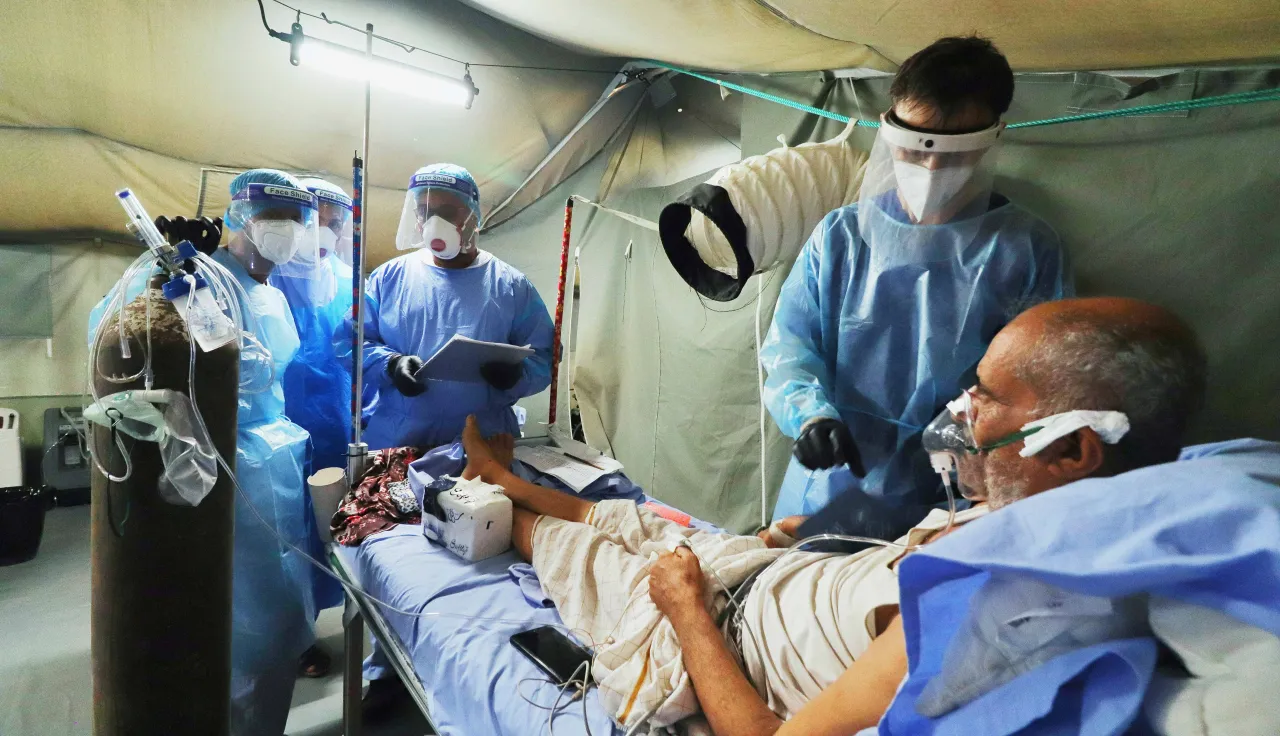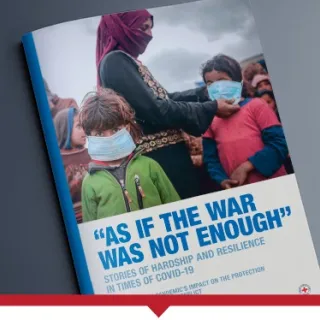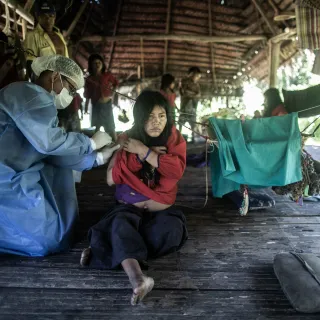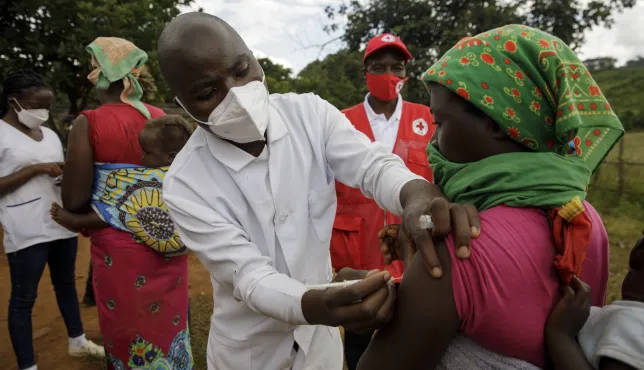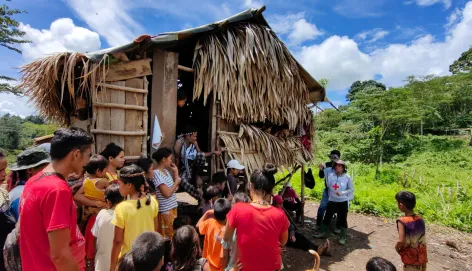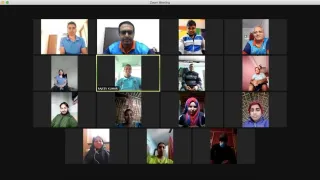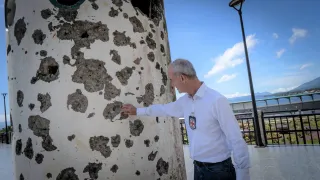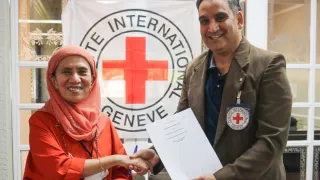Threat to public health
For people living in conflict zones, the spread of COVID-19 posed a serious public health threat. However, it was difficult to prioritize a response to the pandemic when the dangers of armed conflict – such as gunfire, shelling and bombing – presented a more immediate threat to life, particularly given the lack of life-saving health care for other medical needs.

